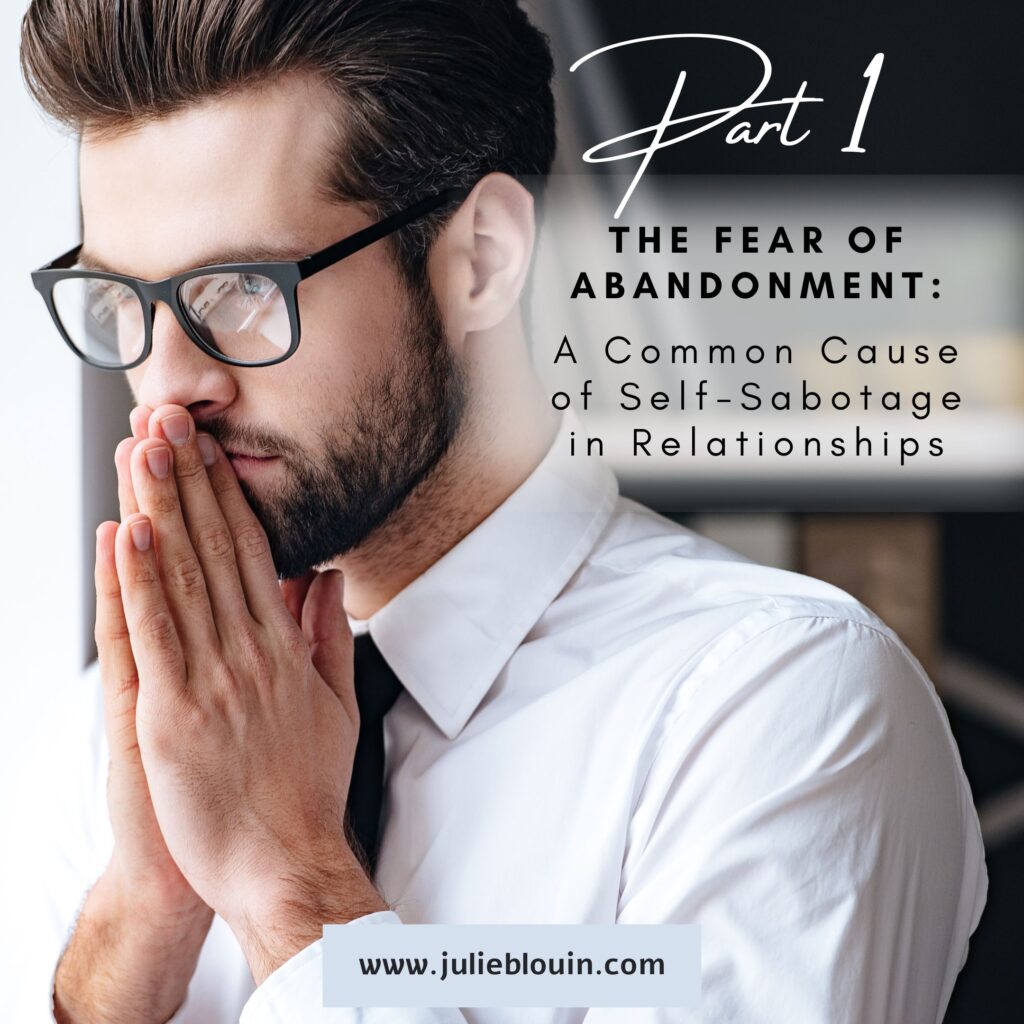
Self-sabotage can have a profound impact on our relationships, especially when it’s rooted in childhood experiences of not receiving proper love and attention. One of the most common manifestations of this is the fear of abandonment or rejection. This fear can drive individuals to constantly seek attention from multiple partners, in an attempt to avoid vulnerability and protect themselves from the pain of being rejected or abandoned.
This behavior may seem like a way to protect oneself from the vulnerability of fully committing to one person, but it ultimately leads to a cycle of self-destructive behavior.
When individuals engage in this kind of self-sabotage, it can create a cycle that is difficult to break out of. The constant need for attention and validation can lead to a pattern of short-term relationships and shallow connections, rather than a deep and meaningful partnership.
This behavior can lead to a cycle of temporary satisfaction, followed by feelings of emptiness and loneliness once the excitement of a new relationship wears off. This behavior can create a self-fulfilling prophecy, as the individual may never feel truly loved or fulfilled in a relationship. They will run away or avoid any possible connection to someone offering unconditional love, and be attracted to toxic relationships.
The root cause of this behavior often comes from early childhood experiences. When a child does not receive proper love and attention from their parents or caregivers, they may develop a deep-seated fear of rejection and abandonment. This fear can follow them into adulthood and impact their ability to form healthy and fulfilling relationships.
Breaking this cycle of self-sabotage requires getting to the root of the issue and working through the underlying fear and pain. This may involve seeking therapy or coaching, opening up to trusted friends or family members, and engaging in self-reflection. Additionally, practicing self-care and mindfulness can help you develop a healthier relationship with yourself, which in turn can lead to healthier relationships with others. Learning to love and accept yourself fully is the first step in building a strong foundation for a lasting, fulfilling relationship.
Ultimately, finding true happiness and fulfillment in a relationship requires confronting our fears and taking the risk of being truly vulnerable with another person. It means being open to the possibility of rejection or abandonment, but also recognizing that the rewards of a deep and meaningful connection are worth the risk.
In conclusion, self-sabotage and relationships are deeply intertwined. If you find yourself engaging in self-destructive behavior in your relationships, it is essential to take a step back and explore the root cause of these patterns. By working through childhood traumas and developing a strong sense of self-love and acceptance, you can break free from the cycle of self-sabotage and build healthier, more fulfilling relationships.